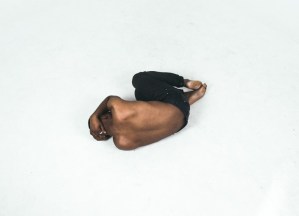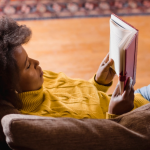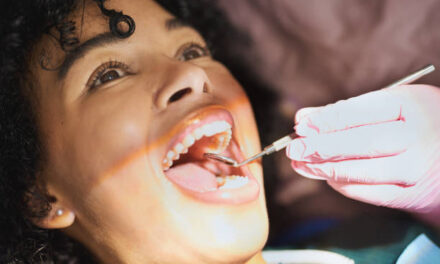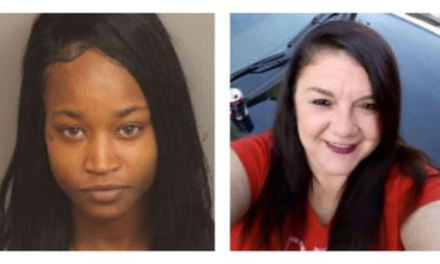By Tashi McQueen,
AFRO Political Writer,
Report For America Corps Member,
tmcqueen@afro.com
Less than a year ago, beloved “The Ellen Show” star, Stephen “tWitch” Boss, lost his life in a battle with suicide.
When the news broke it shocked many, as he usually carried a bubbly personality. This incident created a spotlight for the need to understand Black male mental health.

“Studies show Black men choose more lethal forms of suicide,” Ryan Weathers, a Maryland based-therapist, told the AFRO. “Black men are more likely to follow through with suicide attempts.”
Boss died on Dec. 13, 2022 due to a self-inflicted gun wound, according to information released by the Los Angeles Police Department.
“The needs of all Black men and women in the United States must be met emotionally, physically and spiritually if we are going to stop this trend,” said Abhik Saha, a clinical director at Yudaguru, a Baltimore-based wellness center, in a statement. “Not only are Black men and women killed in the streets by violence and inequality, but also in the silence of their minds —where there is pressure to succeed in a social and economic environment stacked against them.”
Black boys are twice as likely to die by suicide than White youth, according to the Maryland Department of Health.
“There is a stigma with mental health in the Black community,” said Otia Blake, a Baltimore-based licensed therapist. “Black men especially suffer from this stigma, believing it means you are weak if you go to therapy. Due to this, few Black men attend therapy.”
Weathers said that he’s only ever had “three Black male clients and they were youth, involuntarily attending.”
He suggests general check-ins for mental health, just as physical health is monitored. Weathers believes it will help America be more proactive and not reactive.
“We must normalize vulnerability,” said Blake. “Why not seek therapy if you’ve tried everything and nothing else is working? We therapists can be that independent unbiased voice that those struggling may need to hear. We can also offer an ear if you want someone to listen.”
Blake encourages journaling and exercise to help process feelings, which helps those suffering recognize the way they feel.
Blake and Weathers recommend signing up for Medicaid, pro bono health services, or going to agencies that offer low-cost assistance for those who cannot afford therapy.
The 988 Suicide and Crisis Lifeline service is another, fairly new resource available for those suffering with suicide ideation among other mental health issues.

which is leading to more deaths by suicide. Black boys
are twice as likely to die by suicide than White youth
according to Maryland.gov. (Photo by Unsplash Mwangi Gatheca)
“When you dial 988, callers get a choice,” said Monica Johnson, the director of 988 and the Behavioral Health Crisis Coordination Office. “If you are a veteran – you can be connected to the Veterans Crisis Line, if you want to speak with someone in Spanish language, then you would press two for that option.”
“The individual will say what their concern is,” she continued. “Depending on what comes out of that call, the individual will either get their needs reconciled [over the phone] – most of the calls end with that intervention alone – or the other individuals that may need additional support may need someone to come where they are in the community. That can be in their home, school, it could be in a variety of settings.”
Johnson said those seeking help can call 988 for any reason they deem a “crisis” from anxiety to depression.
The national 988 service does not have a specific hotline for Black callers, but Johnson said they accommodate by addressing the needs of callers and providing specialists they prefer to work with, as callers can choose to not reveal their identities.
The Centers for Disease Control and Prevention reports that suicide is a leading cause of death in the U.S. and was responsible for almost 45,000 deaths in 2016.
Call or text 988 or go to 988lifeline.org for help from the 988 Suicide and Crisis Lifeline.
Tashi McQueen is a Report For America Corps Member.
The post Maryland therapists and 988 address increasing concern for Black male mental health appeared first on AFRO American Newspapers .











